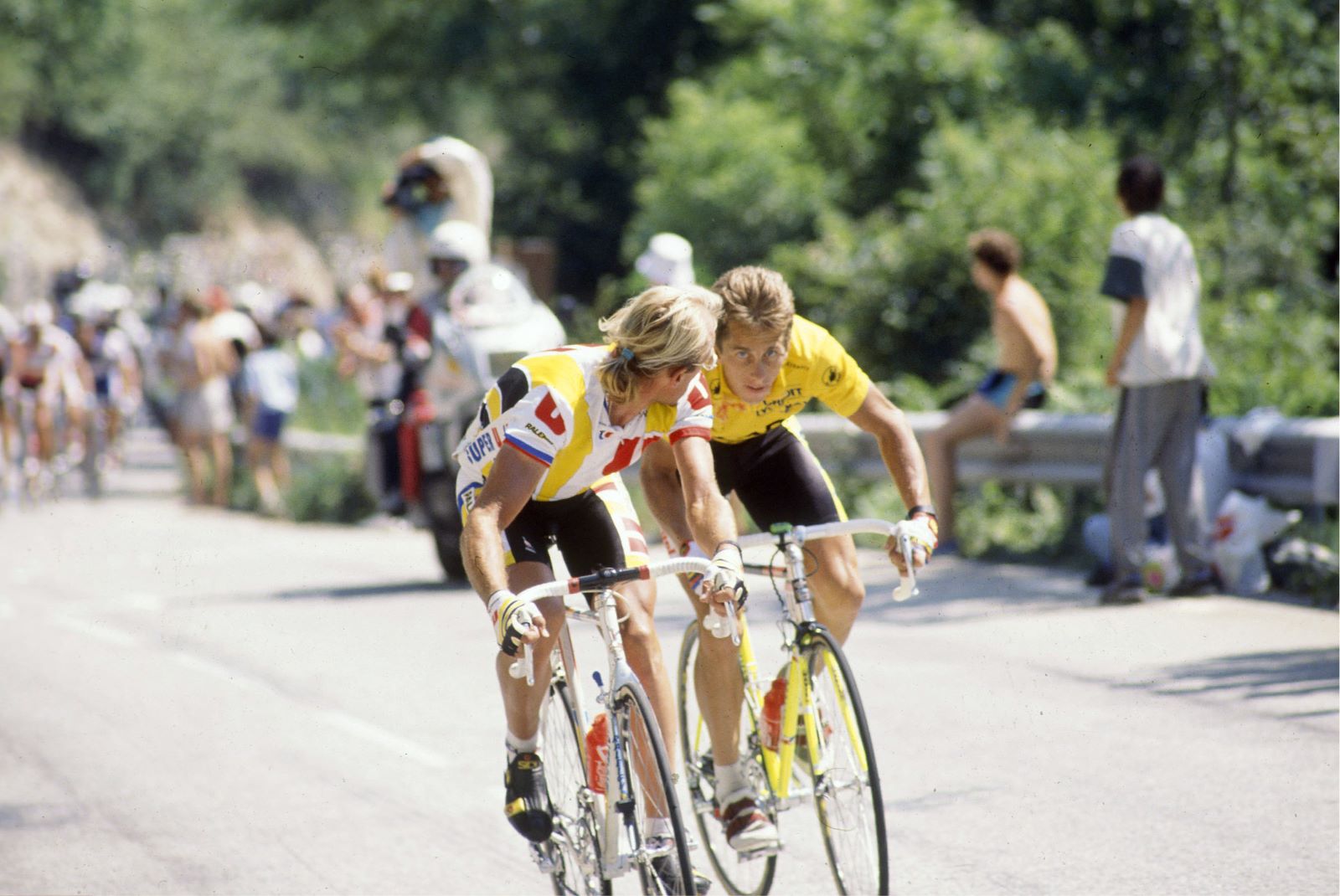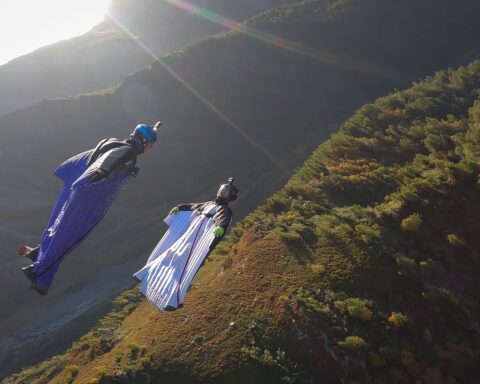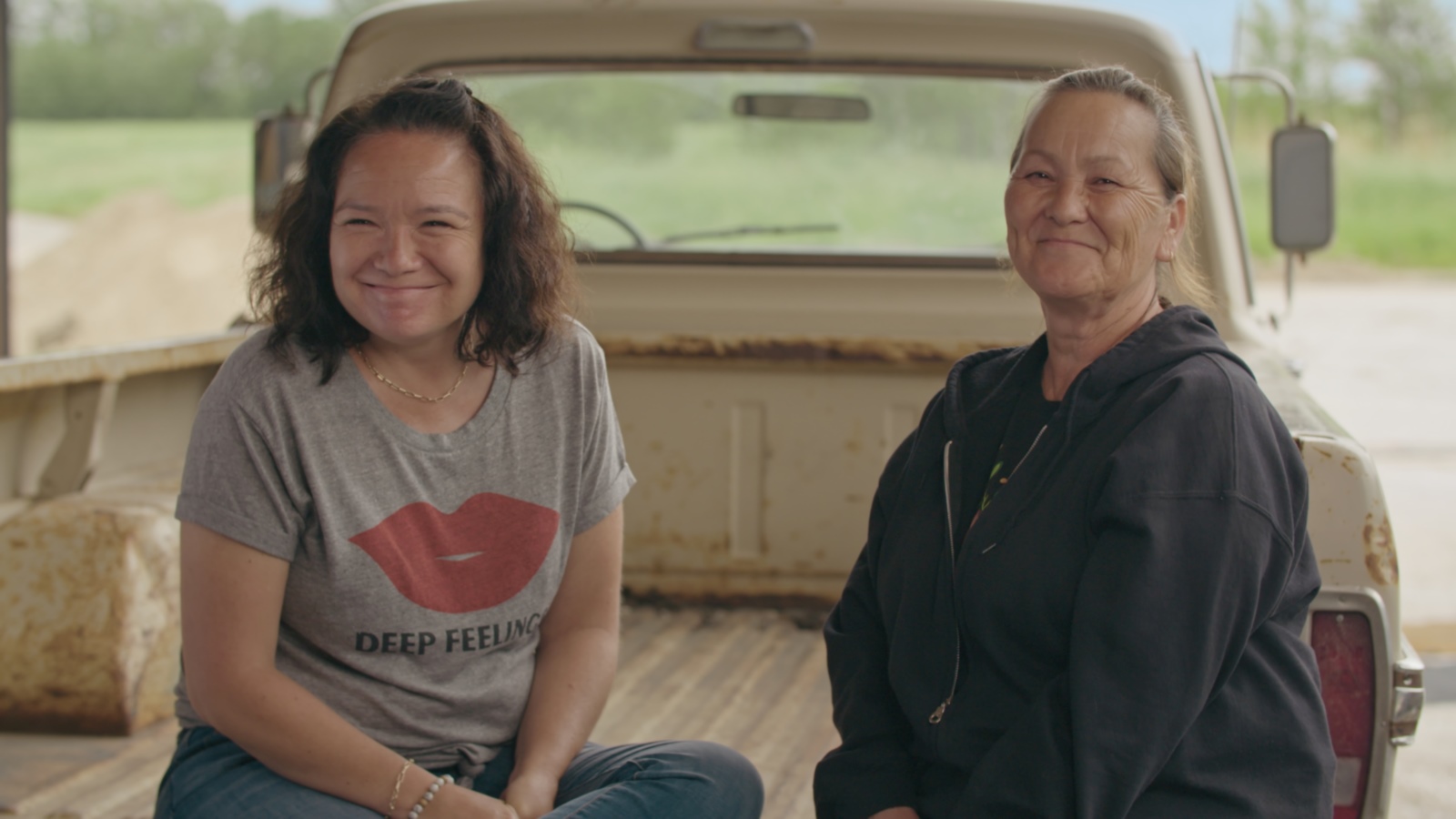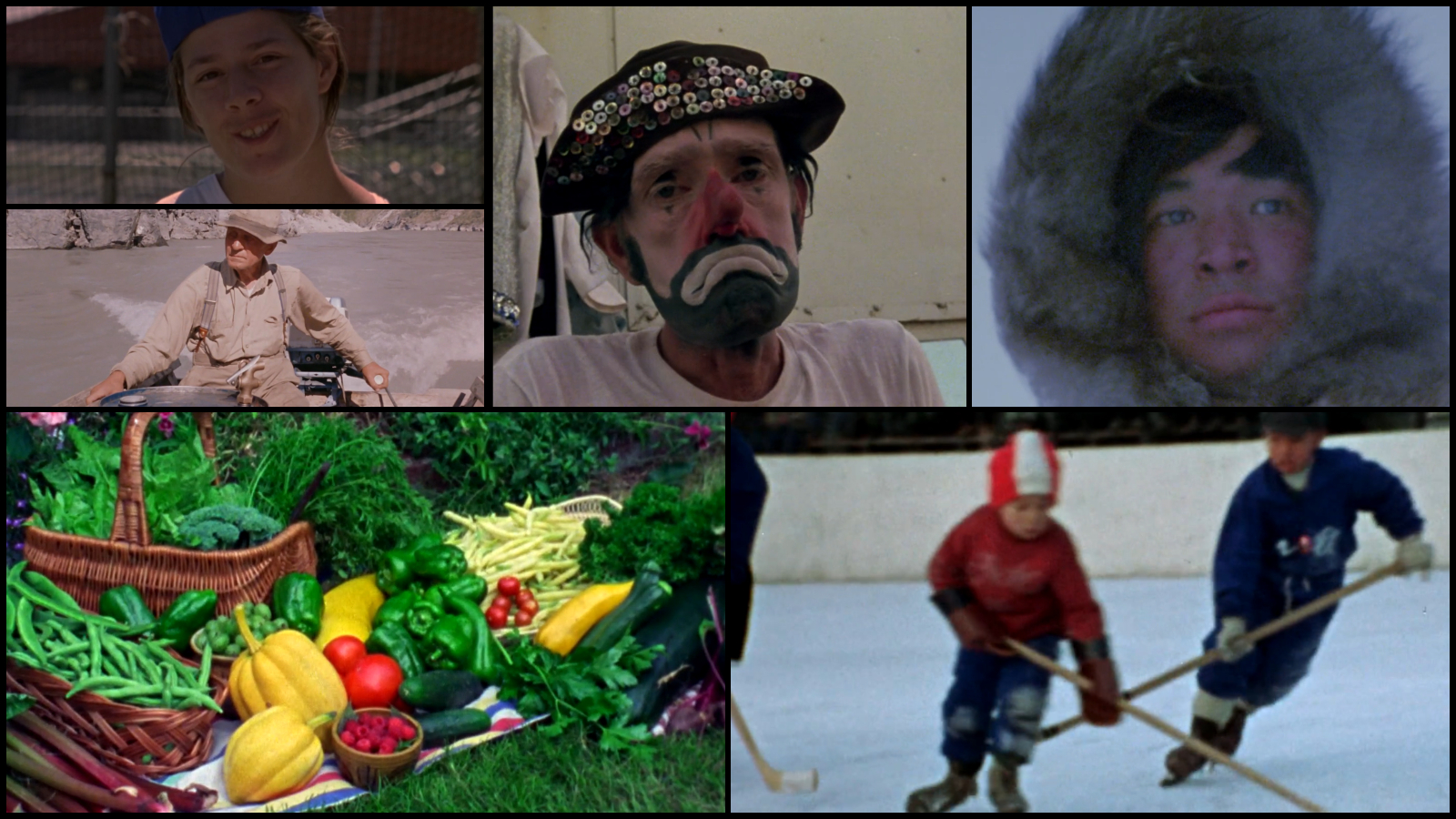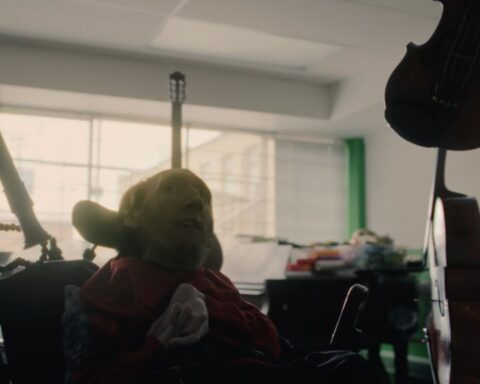The Last Rider
(USA, 102 min.)
Dir. Alex Holmes
An epic underdog story fuels the exhilarating spots doc The Last Rider. The film does for cycling what Senna did for auto-racing. It’s a thrilling and precisely edited archival adventure. Director Alex Holmes (Maiden) chronicles the against-the-odds tale of American cyclist Greg LeMond, the three time Tour de France winner who could truly ride as if his life depended upon it. The film admittedly breaks from the Senna model somewhat by including contemporary interviews with LeMond, with wife Kathy, and various other riders, but most of the drama plays out in the archives. It culminates with one of the most gripping and satisfying finales a sports doc could deliver.
LeMond, now 62, recounts the friendships and rivalries that add fire to his story. He looks back at his teammates, including his former team leader Bernard Hinault and former teammate Laurent Fignon, who was his team leader during his first Tour de France in 1984. As LeMond describes the team dynamic, one quickly realizes that one’s teammates can also be one’s greatest competitors. His memories of his early rides foreshadow the incredible drama of the film’s final act.
The Last Rider shows some remarkable footage of LeMond’s first victory at the Tour de France in 1986. It’s a hard fought win and a milestone for an American rider. However, LeMond’s greatest challenges soon follow. LeMond and Kathy tell how, shortly before returning to Europe to ride in 1987, he went turkey hunting with family. A freak accident nearly left him for dead when a gunshot lodged nearly 60 pellets into his body, including several in his heart and liver. Kathy shares the frantic memory of visiting the hospital and going into labour while her husband fought for his life.
An Icarus Tale
It’s a shame that a doc already has the title Icarus since Rider tells a feat of rising anew. LeMond explains how his sponsor dropped him during his recovery and yet he vowed to defend his title. The bulk of the film follows LeMond’s return in the 1989 Tour de France as an underdog with few people in his corner. His biggest rival is his former teammate, Laurent Fignon, who has the home field advantage as France’s bad boy.
Fignon, who won the Tour de France in 1983 and 1984, wouldn’t be defeated by a rider that his own team left for dead. Holmes finds some great footage of the Parisian rider that underscores his roguish personality and highlights LeMond’s near-saintly appeal. Fignon plays all the dirty tricks he can and he relishes unsportsmanlike conduct—spitting on a reporter, belittling LeMond to the press—to serve his ego. The film finds two very different personalities racing towards a photo finish.
Holmes gives the 1989 Tour the extended treatment by collecting an impressive range of archival footage. One goes along for the ride throughout all the stops on the tour. The Last Rider, more than any doc, shows how much strength, stamina, willpower, and mental fortitude a cyclist needs to endure the multi-stop ride. LeMond and Fignon trade wins at stops along the way with cyclist Perico Delgado nipping at their heels. But Holmes carves out LeMond’s tenacity as a fighter: the American pushes himself harder and harder with each leg of the race. His comeback is an inspiring reminder of the power of positive thinking.
A Photo Finish
As The Last Rider culminates with the final lap, a picturesque sprint towards the Champs-Élysées in Paris, mere seconds divide LeMond and Fignon. Laudable editing by Paul Monaghan and Gibran Ramos keeps the race lean and tight. The strong range of footage, moreover, thrusts viewers into the thick of the action. The Last Rider finds every best vantage point for this neck of the tour. It lands an adrenaline-pumping home stretch that’s bound to have some viewers cheering.
One doesn’t need to be a cycling enthusiast, either, to go along for the ride. There’s a beautiful love story between Greg and Kathy, which makes the footage from the finish line doubly satisfying. Holmes also draws out LeMond’s vulnerability in the interview, including a revelation of childhood abuse by a family member. That account admittedly gets lost in the underdog tale. (One could easily watch the film and assume the story to be a set-up for the hunting accident, as if it motivated one of the members of the pack to keep LeMond silent.) What all these accounts do, though, is build a complex underdog persona. LeMond’s 1989 ride defies physical and psychological odds.
The doc lightly acknowledges Lance Armstrong’s notoriety in American cycling history with a passing reference by LeMond that cites the era to follow his victory. LeMond, who is fiercely anti-doping, doesn’t even need to say that obvious. The rides that followed him make his David and Goliath showdown with Fignon all the more impressive.
The Last Rider opens in Toronto at Hot Docs Ted Rogers Cinema on July 2.




